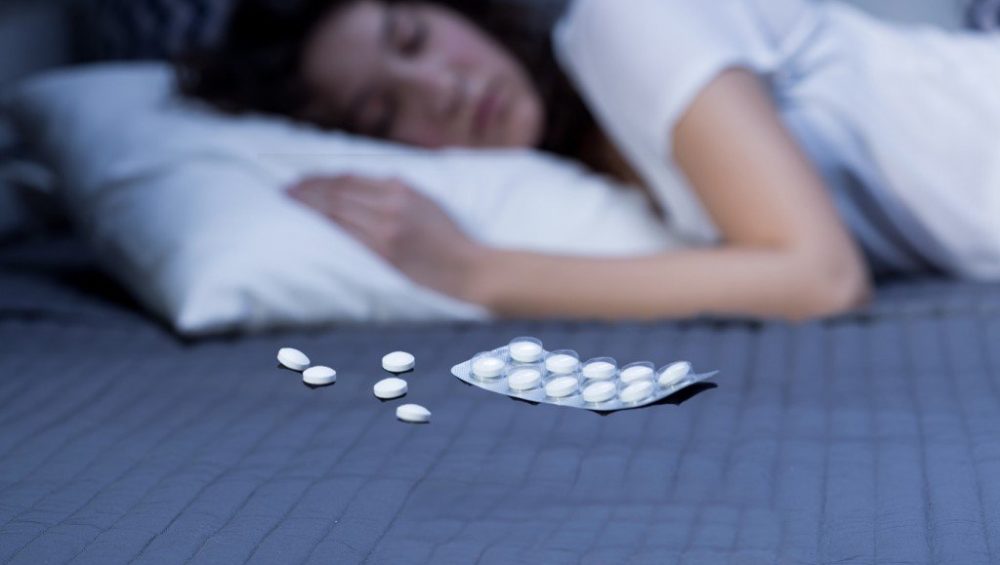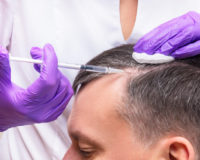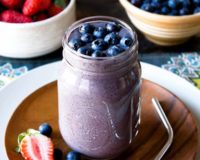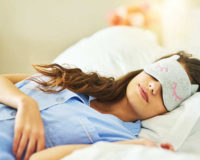A Full Night’s Rest Without Prescription Drugs
Every human being should get at least 7 to 9 hours of night rest, but for one reason or the other, many people are not able to sleep at night. This condition is called insomnia and it does not necessarily mean a complete lack of sleep.
Insomnia covers a wide range of sleeping defects including difficulty falling asleep, waking up in the middle of the night, early morning awakening, and non-restful sleep.
When most people find out that sleeping has become a struggle, they go to the physician who then prescribes some pills to aid their sleep. These pills are quite effective but the shortcoming of it is that it quickly becomes an addiction.
You find yourself reaching for the drug cabinet every night in hope of a good night rest that sometimes still doesn’t come because of the side effects of prescription pills. It is time to let go of prescription sleeping pills and enjoy a peaceful night’s rest.
There is sleep hygiene you can observe that will go a long way to improve your night sleep as well as natural medication and therapies that are way better than prescription sleeping pills. Select the one that best suits you in this article.
Why You Should Avoid Prescription Pills The Food and Drug Administration (FDA) in 2019 warned sleep behaviors, including sleepwalking, sleep-driving, and engaging in other activities while not fully awake that is that effect of certain popular prescription insomnia pills has caused serious injuries, although rare.
These complex sleep behaviors, which have caused deaths, are common with the use of medicated pills. These behaviors are a result of medications interacting negatively with key chemical messengers in the brain.
This does not strike out these synthetic sleeping pills as ineffective; but would you rather endanger your life by getting better sleep through dangerous prescription pills than subscribing to safer natural means of improving your sleep?
If your answer is NO, then here are better techniques to try out to sleep effortlessly at night.
Techniques for Relieving Insomnia Without Sleeping Pills
Here are sleeping techniques that can easily substitute sleeping pills and guarantee you a pleasant night rest.
1. Sleep Hygiene
Did you smirk when you saw sleep hygiene? As much as you may not want to believe it, sleep hygiene helps and has worked for many people struggling with insomnia. Sleep hygiene is a collection of habits that can help you fall asleep more easily and sleep more deeply without having to use sleeping pills.
Some sleep hygiene that you should try out include:
· Exercising at least 30 minutes per day for most days of the week
· Getting plenty of natural light exposure during the day
· Establishing a regular, relaxing bedtime routine
· Having a warm bath or shower before bed
· Perform relaxation exercises like mindful breathing and progressive muscle relaxation before bed
· Ensuring that your sleep environment is pleasant and relaxing
· Associating your bed with sleep and sex only rather than work, eating or watching TV
· Going to bed when sleepy, and get out of bed if you’re tossing and turning
· Turning your clock around so you can’t see the time
· Turning off the alert for texts and emails on your phone before going to bed
· Keeping a “worry journal” by your bed to write the things that tug your mind when you’re trying to fall asleep. Revisit these things the next day to find a solution for them.
2. Natural Sleep Aid
Over the years, some natural intervention has proved effective in tackling insomnia. Two of the most notable are melatonin and plants.
Melatonin is a hormone found in the human body; it is naturally produced at different times throughout the day, especially when the sun sets. It can help reduce the time it takes you to fall asleep. When you take a melatonin-based natural sleep aid, you help your body compensate for a possible deficiency. These melatonin-based natural sleep aids are sold in pharmacies and online stores.
Certain Plants have gained recognition for their calming or sleep-inducing effects. Some of the most popular plants that can help you get a wonderful night’s rest include Chamomile, Lime-flower, Lemon balm, Verbena, Orange blossom, Valerian root, Hops, and Lavender.
Chamomile has sedative effects that calm the nervous agitation that makes falling asleep more difficult. Farnesol, an aromatic molecule of Lime-flower, attaches itself to receptors in the brain in the same way as certain sleeping pills, thus improving your night sleep. Verbena, on the other hand, has anti-stress properties that help induce sleep or makes you relax at different moments throughout the day.
3. Therapeutic Sleep Aid
Two other alternatives to sleeping pills worth trying to get rid of insomnia are Acupuncture and Relaxation and meditation, or mindfulness.
Acupuncture is popular in Chinese medicine and while it is popular for treating pain, it has been frequently used to treat insomnia. The procedure of this treatment entails inserting very fine needles, which may sometimes be accompanied by an electrical stimulus or heat produced by burning specific herbs, into the skin at specific acupuncture points to influence the functioning of the body.
Relaxation and meditation or mindfulness have been active in treating insomnia as it relaxes tensed muscles and intrusive thoughts that interfere with sleep. Regular meditation practice, whether alone or as a part of yoga practice, results in higher blood levels of melatonin, an important regulator of sleep. It may take several weeks to learn to appropriately utilize this technique but it is really effective when you perfect it.










